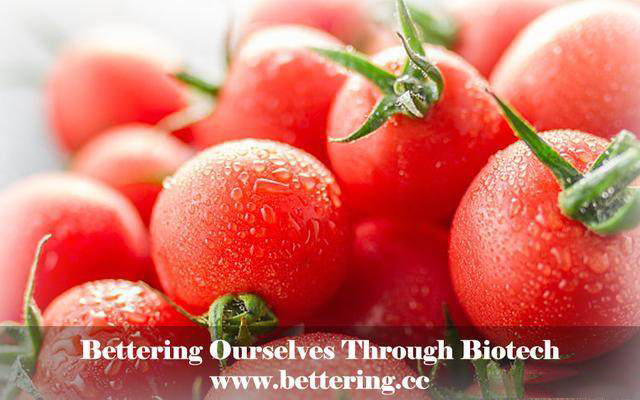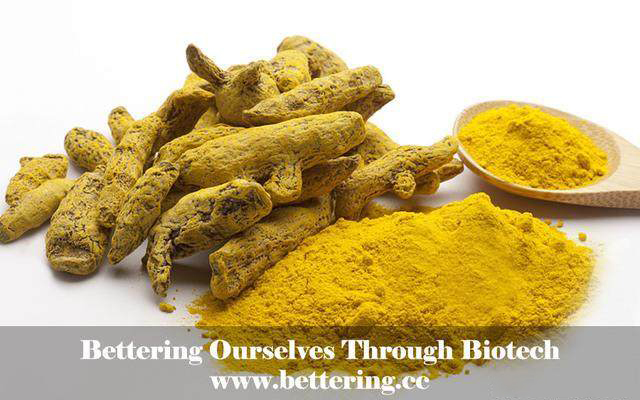Natural pigment in food refers to colored substances in fresh food raw materials in the vision of people can feel. According to the chemical structure of natural pigment types can be divided into polyene pigment, phenolic pigment, pigment, pigment and other quinone pyrrole ketone. These substances previously extracted for toning process in food processing. But recent research suggests that these pigments because of specific chemical groups, which can regulate the physiological functions, may play an important role in the prevention of chronic diseases, has attracted more attention.

Rich in carrots, sweet potatoes, pumpkins, oranges in foods such as beta carotene, vitamin A can improve the nutritional status of the main body function; then can play with vitamin A may also improve the immunity ability, nyctalopia treatment and prevention and treatment of ophthalmoxerosis effect. In addition, beta carotene is important in lipid soluble antioxidants, can remove singlet oxygen, hydroxyl radicals, superoxide and peroxyl radicals, improve the body's antioxidant capacity. The animal experiments showed that beta carotene inhibited carcinogen, enhance the function of macrophage function and prevention of cataract.
Lycopene is a natural dietary carotenoid. Widespread nature of the plants, high content of ripe red fruit plants, including tomatoes, carrots, watermelon, papaya and guava fruit does exist more lycopene, the body organs have more distribution.

The main biological function:
Antioxidant and anti-aging: Lycopene is an effective antioxidant, can quench singlet oxygen and capture free radicals, prevent lipid peroxidation and protect the membrane from free radical damage. The lycopene in the protection against lymphocyte cell membrane damage caused by nitric oxide or cell death ability is very strong, its ability to remove oxygen free radicals and other carotenoids is strong.
Tumor suppression: eat more fruits and vegetables can reduce the risk of some cancers, increase the intake of lycopene can reduce esophageal cancer, gastric cancer, colon cancer and rectal cancer and digestive tract cancer risk. Lycopene for advanced and invasive prostate cancer also has significant inhibitory effect.
Regulation of blood lipids: Lycopene through antioxidant in vivo, prevent the oxidative damage of low density lipoprotein cholesterol, improve blood lipid metabolism, reduce the incidence of atherosclerosis and coronary heart disease.
Anti radiation: when the ultraviolet irradiation of the skin, the skin of lycopene is first irradiated skin damage, ultraviolet in tomato red skin than not illuminate reduced 31%~46%. Lycopene may reduce oxidative damage of ultraviolet radiation on skin.
In recent years, phenolic pigment are anthocyanins, xanthein etc.. Anthocyanin is a kind of important water soluble plant pigment, and sugar with the form of glycosides (called anthocyanins) exist. Xanthein usually refers to flavonoids and its derivatives, is a kind of water soluble yellow substances are widely distributed in the plant flowers, fruit, stem and leaf cells, chemical structure and biological activity of similar and phenolic compounds in the.
Curcumin is a purified from turmeric polyphenolic phytochemicals, widely used in Chinese and India herbal medicine to relieve the discomfort. In history, Jiang Huang is used to improve muscle function and digestive function. Recently, cell protection and immunomodulatory properties of curcumin have also become very interested in science field.

Support and antioxidant activity of immune: studies show that curcumin has antioxidant activity, is a regulator of immune cells, has inhibitory effect on COX-2, iNOS, IL, TNF- enzyme, alpha NF-kB, are available for many clinical symptoms. A lot of animal and human studies support the health effects of curcumin in joint, gastrointestinal mucosa, uvea. Research shows that curcumin can immune balance nerve, cardiovascular, intestinal and respiratory response. Nerve tissue due to oxygen, polyunsaturated fatty acids and antioxidant defense in high demand, low impact, so vulnerable to oxidative stress. New research on the brain and nerve health, pointed out that the protective effect of curcumin. A typical dose of human studies is ranging from 375~1200mg/d.
Cell protection: in animal models, have proved that curcumin can promote many normal cell line increment. The mechanism includes type curcumin effect of certain cytokines (especially the transcription factor NF-kB) support, detoxification, scavenging free radicals, Sertoli cells and apoptosis induction. The human experiment typical dose of 450~3600mg/d for 4 months.
电话:0701-7165818
邮件:mnxiongfeihu@126.com